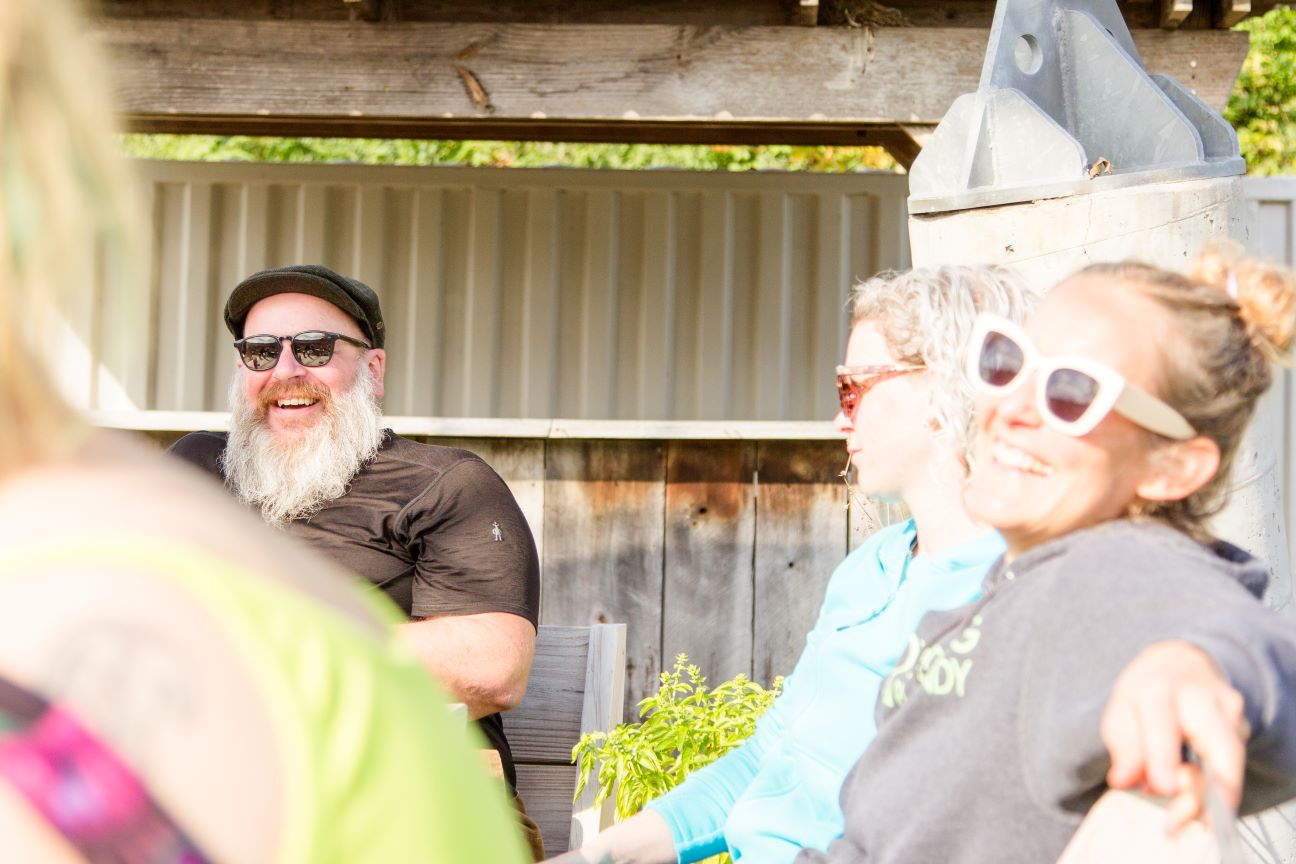I wish I could report that SB 513 – authored by Senator Richard Young – had passed through the Indiana General Assembly and that the sale of raw milk and raw milk products would be legal in Indiana on July 1. Sadly, the bill never received a hearing in the Senate Agriculture and Natural Resources Committee.
The demand for raw milk is ever growing as discerning consumers recognize its benefit to human health. Those who want it feel they have a right to access raw milk as food. Yet, legalization divides even this group of consumers. It even divides my thinking.
On the one hand, progressive minded consumers should be skeptical about any government regulation of our food, because the regulations are so influenced by multinational corporations protecting their turf. Meanwhile, thousands of Hoosiers have access to raw milk through cow shares and distribution networks. That tends to generate the attitude of “why should we do anything about legalization, when we already have access to raw milk?”
My answer is that we are not guaranteed access in this manner. One view of regulators is that cow shares are just a way to buy milk. If they choose to require dairy farms using cow shares to cease and desist, a court test would be necessary. Would raw milk drinkers support the cost of a lawsuit? The Indiana General Assembly could remove statutory authority for the Office of the State Chemist to issue pet food permits as well. Other states have made it very difficult for people to access raw milk.
That leads us to legalization. This would allow greater access to raw milk. In a Board of Animal Health (BOAH) survey of dairy farms, 65 percent of respondents indicated that they would sell raw milk it were legalized. My insistence is that sales at farmers’ markets be allowed. As long as the milk is maintained below 40 degrees it’s as safe as being sold from at the farm, a condition of sale that was held by a majority on the task force described below.
The 2012 General Assembly ordered BOAH to develop recommendations for regulating the sale of raw milk. A task force of 18 (including me) was convened last summer and met for 3 daylong sessions. Of the 18, only four of us even favored the legalization of raw milk from the outset, but our small voice was able to win some concessions for the small farmer against all odds. One state official said in a private conversation with me that he thought people who fed raw milk to children should be prosecuted. I was too shocked to reply. Later, I wished I had said that I felt the same way about soda pop. The report on regulations for raw milk sales from BOAH is at http://www.in.gov/boah/2622.htm.
Senator Young told me he would introduce his legalization bill next year. What can we do in the meantime? Contact your state legislators (small group meetings are best) to discuss this issue and get their commitments to support legislation next year. Other food issues could be discussed with them as well.
Why get involved politically? There were several bills introduced during this session that didn’t even get a committee hearing, but whose issues are worthy of political support. Mandatory labeling of food with genetically modified contents (HB 1129) was authored by freshman Rep. Dan Forestal and Rep. Robin Shackleford , both representing the near eastside of Indianapolis. SB 411 (Sen Richard Young would have established statewide health standards for selling at farmers’ market, and prevent local jurisdictions from enacting stricter regulations.
Urban legislators are our best bet for support; e.g., Senator Jean Breaux of Indianapolis is food friendly and interested in the raw milk issue. Find legislators and monitor legislative activity at http://www.in.gov/legislative/index.htm. Let’s lift Indiana out of the dark ages. Contact me at steve@sustainableearth.net for questions or comments.


